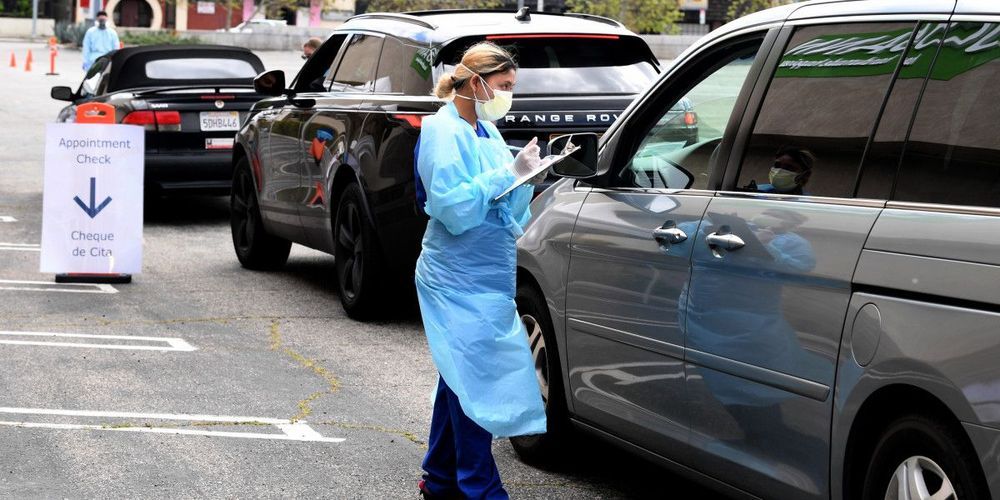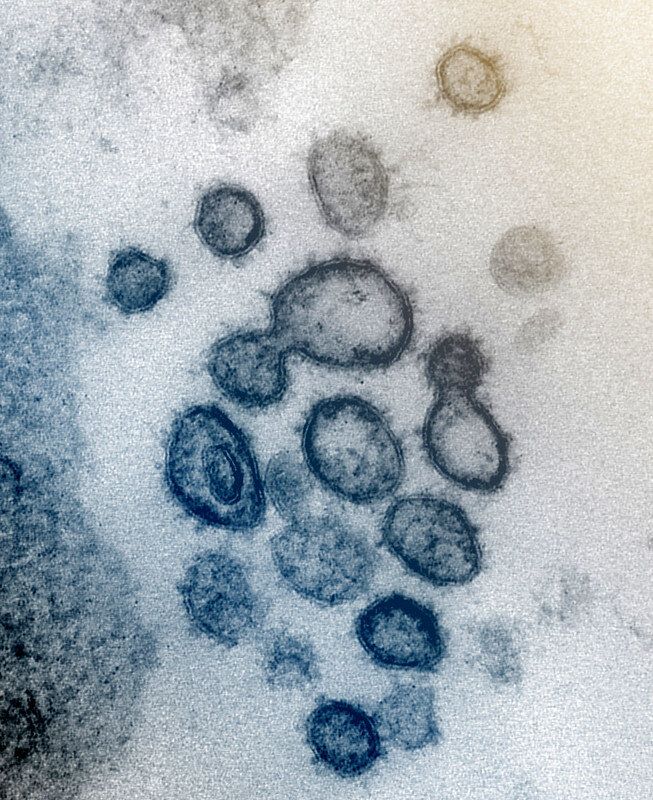May 4, 2020
Ban on gain-of-function studies ends
Posted by Omuterema Akhahenda in categories: biotech/medical, government, health, policy, surveillance
The debate is focused on a subset of gain-of-function studies that manipulate deadly viruses to increase their transmissibility or virulence. “This is what happens to viruses in the wild”, explains Carrie Wolinetz, head of the NIH Office of Science Policy. “Gain-of-function experiments allow us to understand how pandemic viruses evolve, so that we can make predictions, develop countermeasures, and do disease surveillance”. Although none of the widely publicised mishaps of 2014 involved such work, the NIH decided to suspend funding for gain-of-function studies involving influenza, MERS-CoV, and SARS-CoV.
The US moratorium on gain-of-function experiments has been rescinded, but scientists are split over the benefits—and risks—of such studies. Talha Burki reports.
On Dec 19, 2017, the US National Institutes of Health (NIH) announced that they would resume funding gain-of-function experiments involving influenza, Middle East respiratory syndrome coronavirus, and severe acute respiratory syndrome coronavirus. A moratorium had been in place since October, 2014. At the time, the NIH had stated that the moratorium “will be effective until a robust and broad deliberative process is completed that results in the adoption of a new US Government gain-of-function research policy”. This process has now concluded. It was spearheaded by the National Science Advisory Board for Biosecurity (NSABB) and led to the development of a new framework for assessing funding decisions for research involving pathogens with enhanced pandemic potential. The release of the framework by the Department of Health and Human Services (HHS), of which NIH is part, signalled the end of the funding pause.

















